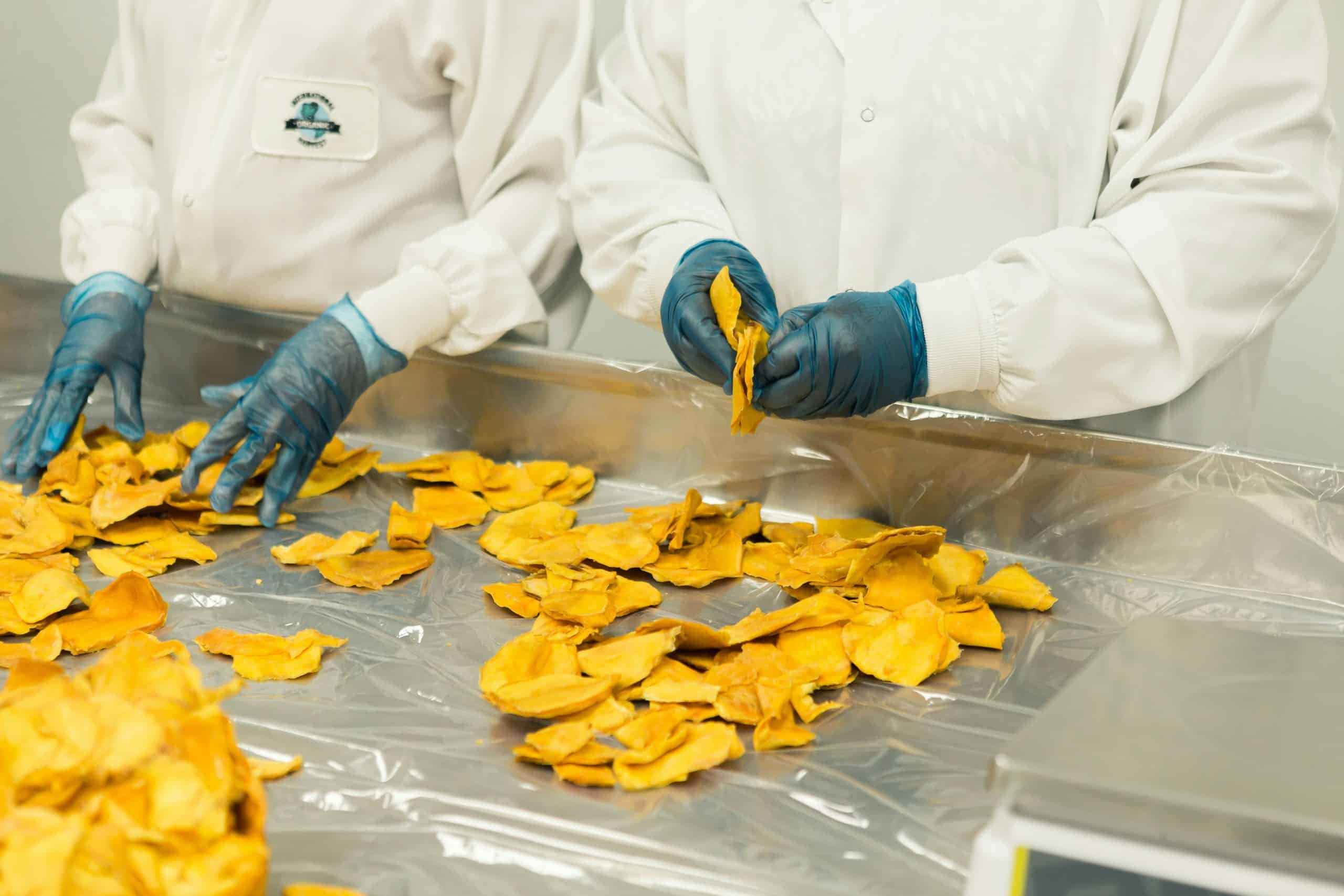Agriculture is one of the oldest and most important industries in our society. It’s the very backbone of our survival and culture. But, as you know, farming is not what it used to be. A new era has dawned on agriculture, bringing with it groundbreaking technologies and methodologies. One such development is precision agriculture. The fusion of farming and technology has redefined the way farmers manage their fields, enhancing productivity and ensuring greater food security.
Understanding Precision Agriculture
Precision agriculture, also known as site-specific crop management or satellite farming, is a farming management concept grounded on observing, measuring, and responding to inter-and intra-field variability in crops. It comprises a set of technologies designed to manage both spatial and temporal variability associated with all aspects of agricultural production.
A lire aussi : How will ai impact the future of corporate training programs?
Fundamentally, precision agriculture is about doing the right thing, in the right place, in the right way, at the right time. It’s about ensuring that each square inch of a farm delivers its maximum potential. The adoption of these technologies enables farmers to use their resources more judiciously.
The Role of Data in Precision Agriculture
At the heart of precision agriculture is the use of data. It provides a suite of technologies capable of collecting massive amounts of detailed data about the field conditions. This data can include anything from soil conditions to weather patterns, crop health, and the presence of pests.
A lire en complément : What are the business benefits of implementing edge ai?
Moreover, this data-based approach to farming is not just about gathering information. It’s also about what farmers do with the data they collect. Advanced analytical tools allow farmers to make more informed decisions about where to plant, when to water, what fertilizers to use, and when to harvest. It’s about identifying discrepancies, ascertaining problems before they escalate, and implementing solutions in real-time.
Application of Technology in Precision Agriculture
Precision agriculture relies heavily on technology. One of the most common tools is the GPS, which allows farmers to map their fields with high accuracy. Drones and automated machinery are also used to monitor crop health and carry out various farming tasks. Soil sensors provide data on soil moisture and nutrient levels, helping farmers to optimize irrigation and fertilizer use.
Moreover, advancements in data storage and analysis are making it easier for farmers to manage the vast amount of information collected. Cloud-based systems offer robust platforms for data storage, while Artificial Intelligence (AI) tools are used to analyze the data and provide insights.
Precision Agriculture and Water Management
Water is a critical resource in agriculture, but its overuse can lead to damaging results such as soil degradation and nutrient leaching. Precision agriculture can play a pivotal role in water management by optimizing irrigation systems.
Through sensors and field mapping, farmers can identify the specific water needs of different areas within their fields. They can then use this information to adjust their irrigation systems, ensuring each part of the field gets the right amount of water at the right time. This not only conserves water but also improves crop yield and quality.
Impact on Food Security and Business
Precision agriculture holds the promise of enhancing food security by promoting sustainable agricultural practices and increasing crop production. By optimizing the use of resources, precision agriculture can reduce waste, improve crop yields, and decrease environmental impact.
On the business front, precision agriculture can significantly enhance profitability. Investing in these technologies can lead to cost savings in the long run by improving efficiency and productivity. Furthermore, these technologies can offer farmers a competitive edge, opening up new markets and opportunities.
To sum up, precision agriculture is an innovative approach to farming that harnesses the power of technology and data to optimize agricultural production. With its ability to improve resource management and increase productivity, precision agriculture has vast potential to impact both food security and the business aspect of agriculture. While challenges and barriers to adoption exist, the benefits of incorporating precision agriculture into farming practices are hard to ignore.
Overcoming Barriers for Small Farmers in Precision Agriculture
While the benefits of precision agriculture are vast, its adoption among small farmers has been slower due to the high initial investment and the complexity of some technologies. This has raised concerns about the accessibility and inclusiveness of this new era of agriculture.
For instance, the implementation of GPS tracking, remote sensing, and variable rate technology requires a significant financial outlay that may not be immediately feasible for smaller operations. In addition, understanding and leveraging the power of data analytics and machine learning for crop management can be a daunting task without the necessary training or expertise.
However, solutions are emerging to make precision farming more accessible. Shared equipment programs, cooperative purchasing models, and equipment rental services are some of the ways small farmers can access expensive precision farming tools. For example, a group of farmers could collectively invest in a drone for remote sensing, sharing both the costs and benefits.
Additionally, extension services and non-profit organizations are offering training and support to help farmers leverage precision agriculture technology effectively. With the appropriate support, small farmers can also reap the benefits of precision agriculture, from water efficiency to improved yields and sustainable farming practices.
Advancing Sustainable Agriculture and Global Food Security through Precision Agriculture
In conclusion, precision agriculture is more than a set of high-tech tools. It represents a paradigm shift in the way we approach farming, turning to data-driven decision making and real-time management to maximize efficiency and productivity.
The integration of technologies such as GPS mapping, soil moisture sensors, smart irrigation systems, and machine learning algorithms is transforming agriculture into a more precise, resource-efficient, and environmentally friendly industry. By allowing farmers to monitor and respond to field variability, precision agriculture can significantly reduce waste, enhance crop quality, and mitigate the environmental impact.
Water management, a critical concern in agriculture, is greatly improved through precision farming practices. The ability to monitor soil moisture in real-time and adjust irrigation accordingly contributes to water efficiency and sustainability.
Beyond individual farming operations, precision agriculture has far-reaching implications for global food security. With a rapidly growing world population and limited arable land, the need to optimize agricultural production is more urgent than ever. Precision agriculture technologies provide a powerful toolset to meet this challenge, enabling farmers to produce more with less.
While challenges remain, especially in terms of accessibility for small farmers, the potential of precision agriculture is undeniable. As we continue to refine these technologies and develop supportive policies and infrastructure, the future of farming looks bright. Precision agriculture holds the promise of a more efficient, sustainable, and secure global food system.






